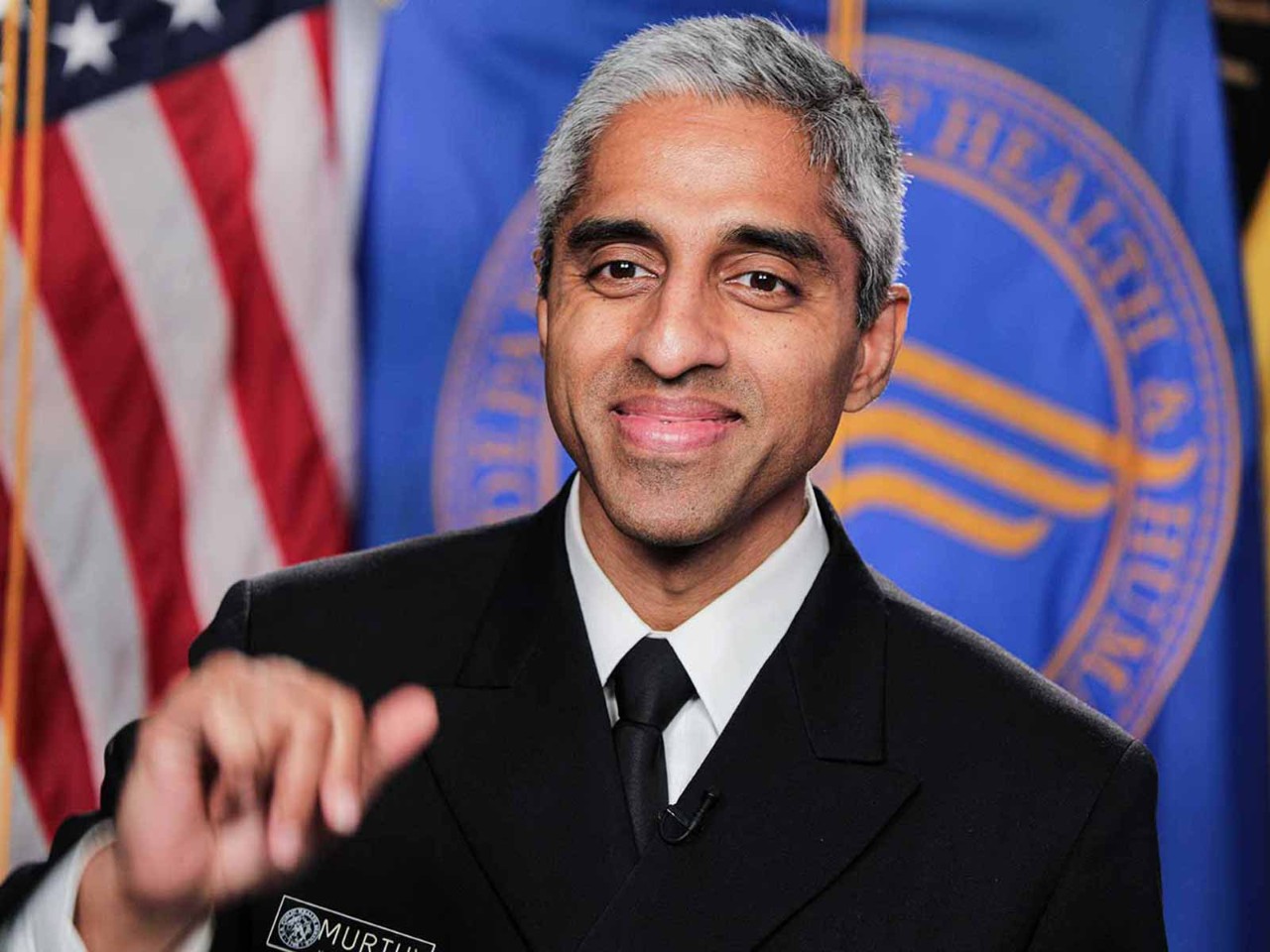
Trade, commercial and even social relationships are all underpinned by robust accounting practices that allow everyone to see that the rules are being followed. In other words, the trust that keeps all those crucial plates spinning depends mightily on accountants.
Now while I’m not saying that accountants have sole responsibility for the fate of the world, I do think that the maintenance of trust in our systems is critical. What’s more, that trust must now be extended to more than just financial metrics. People want to know what contribution – positive or negative – organisations are making to the world now and for the future.
High demand
At the same time, public trust has seemingly become the sole responsibility of accountants. The demand for non-financial data management, assurance and reporting is beyond the ability of the profession alone to satisfy.
As I see it, it is not just that there’s simply not enough professionals to do the accounting work, it’s that we’re loading too much of the burden of maintaining trust in non-financial fields onto the accounting profession.
Accountants are in high demand for roles in technology, sustainability and strategy because of the ability to analyse and question data that their training encourages. And they are trusted all the more because of the extreme rigour and probity expected from the profession.
High demand is good for any individual’s career. But when supply can’t keep pace with a continuing surge in demand it can put intolerable pressure on a profession that prides itself on living up to that trust.
Spread the trust
Are accountants really the only professionals who can be trustworthy? Emerging requirements around risk and sustainability mean dedicated gatekeepers are needed to maintain the integrity of those systems.

The responsibility of the role in maintaining integrity is not always as clearly defined
Carbon emissions and forecasts are an obvious example, but following fast behind are measures of biodiversity, soil health, water and climate change resilience. They are all essential to a sustainable future – indeed, any future at all.
The professions that currently manage these non-financial areas of performance can draw on the model of accounting and other compliance roles for how to develop similar trusted professionals.
Engineers, environmental scientists, human resources and other professions could have their own ‘guardians’ who fulfil similar trust-building functions over their areas of expertise. How many companies would compete for a professional biodiversity executive, for example?
While there are many people already acting in such roles it is often an ad hoc response, and the responsibility of the role in maintaining integrity is not always as clearly defined.
For example, where it might be considered acceptable for an accountant to advise the Audit Committee of the risks of a particular accounting treatment, there may be less support – or no opportunity – for an environmental manager to do the same in relation to water reporting.
I can see a future scenario where each critical area of performance has a function with explicit responsibility to maintain integrity. The skills of accountants – whether or not they are held by an accountant – will be central to that future.




